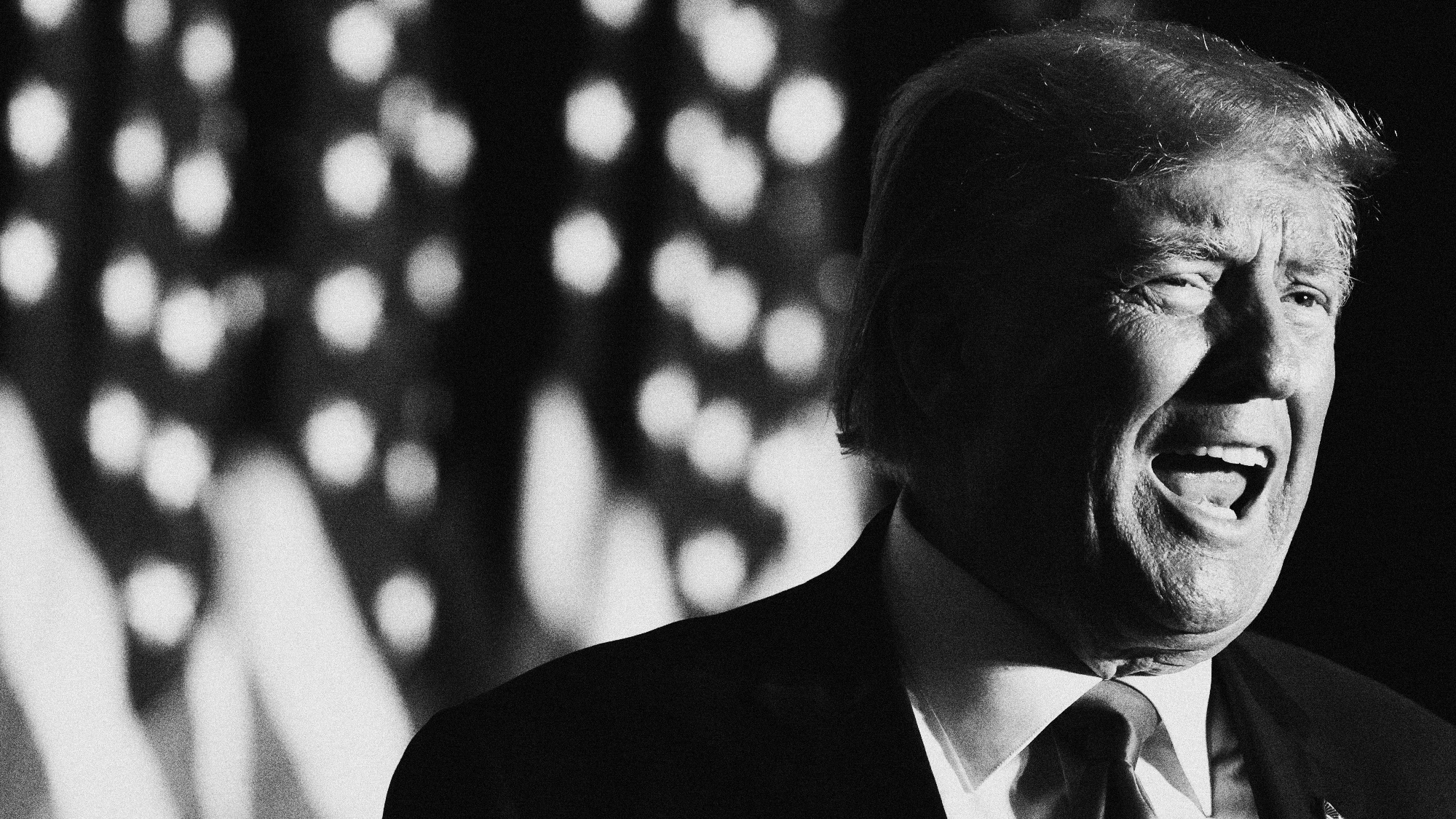Does the Supreme Court's immunity ruling turn the president into a 'king above the law'?
The high court declared a president could not be charged for 'official' acts, complicating Trump's insurrection prosecution and raising concerns of unchecked executive power


A free daily email with the biggest news stories of the day – and the best features from TheWeek.com
You are now subscribed
Your newsletter sign-up was successful
Donald Trump has long argued that as president, he and other chief executives must be granted "complete and total" immunity for all acts committed in office. Anything less, and the "authority & decisiveness of a president of the United States will be stripped & gone forever," he claimed in a post on his Truth Social platform earlier this year.
On Monday, the United States Supreme Court largely agreed with Trump, ruling 6-3 that presidents enjoy "presumptive immunity" for official acts while acknowledging that "not everything the President does is official." The landmark decision, opposed by the court's more liberal justices, largely closes the door on the possibility that Trump will go to trial for his election interference charges before polls close in November. Instead, it will send that case back to the lower courts, where federal prosecutors and attorneys for the former president will make their cases for which of Trump's actions related to his attempts to subvert the results of the 2020 election should be considered part of his official duties.
Moreover, Monday's ruling marks a "dramatic expansion of presidential power — not just for Trump but for all presidents," The New York Times said. The decision "effectively creates a law-free zone around the president, upsetting the status quo that has existed since the founding," said Justice Sonia Sotomayor in her dissenting opinion. "In every use of official power," Sotomayor said, "the President is now a king above the law." Does the court's decision truly create an imperial presidency, or simply reaffirm the way White Houses have operated for hundreds of years?
The Week
Escape your echo chamber. Get the facts behind the news, plus analysis from multiple perspectives.

Sign up for The Week's Free Newsletters
From our morning news briefing to a weekly Good News Newsletter, get the best of The Week delivered directly to your inbox.
From our morning news briefing to a weekly Good News Newsletter, get the best of The Week delivered directly to your inbox.
What did the commentators say?
The ruling is a "big win for our Constitution and democracy," Trump said on his Truth Social platform. "PROUD TO BE AN AMERICAN!" The decision "effectively gave Trump nearly everything he could have hoped for," The Wall Street Journal said.
Monday's ruling "knocked out one aspect" of Special Counsel Jack Smith's indictment against Trump, finding the former president is "'absolutely immune' from prosecution for alleged conduct involving discussions with the Justice Department," The Associated Press said. Trump is also "at least presumptively immune" from charges stemming from his allegedly pressuring then-Vice President Mike Pence to reject certifying Joe Biden as the 2020 election winner.
A president can now "VIOLATE THE CRIMINAL LAW" so long as he "acts within his broadly defined 'constitutional authority,'" said former Obama administration Attorney General Eric Holder on X. The ruling is "absurd and dangerous" and a "Court constructed monstrosity."
Despite marking a definitive win for Trump, the court's decision left "significant ambiguity about the scope of Trump's immunity for acts related to his office but outside the powers specifically accorded to the president under the Constitution," Politico said. While some of those acts "may be immune," the court "didn't definitively resolve that question."
A free daily email with the biggest news stories of the day – and the best features from TheWeek.com
The dynamic between the presidency and the public "has shifted irrevocably," Justice Sotomayor said in her dissent. "Orders the Navy's Seal Team 6 to assassinate a political rival? Immune. Organizes a military exchange for a pardon? Immune. Immune, immune, immune." Dissenting justices often conclude their statements "with a softening and polite qualifier, writing 'Respectfully, I dissent,'" The New York Times said. Sotomayor, however, "concluded this one harshly: 'With fear for our democracy, I dissent.'"
Representatives for President Joe Biden's re-election bid were similarly alarmist. The court has "handed Donald Trump the keys to a dictatorship," said Deputy Campaign Manager Quentin Fulks in a call with reporters. "We have to do everything in our power to stop him."
What next?
Smith's ongoing election interference case against the former president has "been on pause while Trump argues that he is immune from prosecution for any official acts he performed while he was president," CNBC said.
The justices' decision to send the case back to the lower court will result in an "inquiry that, even if it leads to the conclusion that the charges can proceed, will almost certainly further delay any trial in the case," SCOTUSblog said. It could also "have a sweeping impact on the Georgia election interference case," The Washington Post said.
If Trump's federal case is delayed past November, and if he wins reelection, he could simply "order the Justice Department to drop the charges," The New York Times said.
Rafi Schwartz has worked as a politics writer at The Week since 2022, where he covers elections, Congress and the White House. He was previously a contributing writer with Mic focusing largely on politics, a senior writer with Splinter News, a staff writer for Fusion's news lab, and the managing editor of Heeb Magazine, a Jewish life and culture publication. Rafi's work has appeared in Rolling Stone, GOOD and The Forward, among others.
